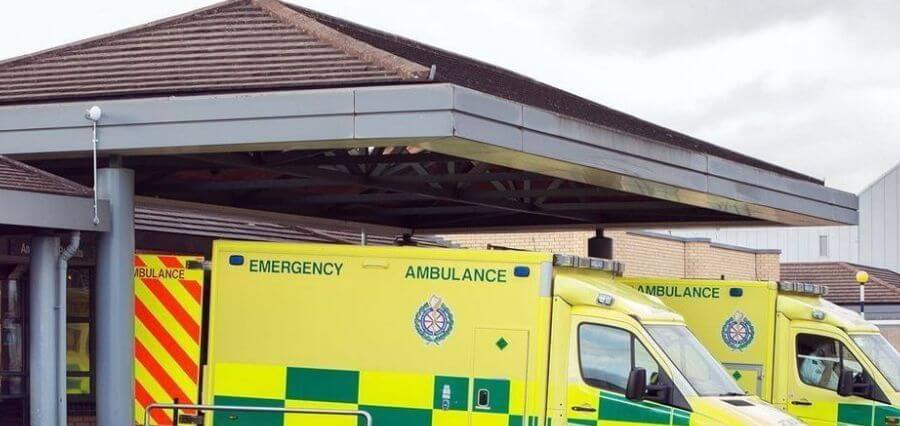A hospital in south Dublin has implemented visitor restrictions due to outbreaks of two illnesses.
Tallaght Hospital has announced that it is suspending all visits to patients to safeguard them against COVID-19 and Norovirus. In a statement released today, the hospital emphasized the importance of patient safety and preventing exposure to these viruses.
The statement reads: “We wish to inform you that all visits to patients have been suspended. This measure is necessary to protect your loved ones from potential exposure to COVID-19 and Norovirus. Visitation is strictly prohibited, except in cases of end-of-life or critical illness, with prior approval from the patient’s medical team. This restriction applies throughout the Hospital campus, including all indoor and outdoor areas such as the Hospital and Car Park. This precaution is intended to safeguard you, your family, and our healthcare staff. Visitors attempting to access the hospital will be turned away by security.”
Additionally, a new variant of COVID-19, known as FLiRT, has emerged in Ireland, accounting for approximately one-third of recent cases. FLiRT encompasses a group of variants, including KP.2, KP.3, JN.1.7, JN.1.1, and KP.1.1, which are descendants of the JN.1 variants (Juno), previously dominant in Ireland.
While FLiRT is more transmissible and prevalent, health officials have not identified evidence suggesting it causes more severe illness than earlier strains. The Centers for Disease Control and Prevention in the US have stated there is no indication FLiRT leads to increased disease severity. Nevertheless, COVID-19 remains a risk for vulnerable individuals, such as the elderly and those with compromised immune systems.
Symptoms of the FLiRT variant are akin to those of previous strains, including fever, chills, cough, shortness of breath, fatigue, muscle aches, headache, loss of taste or smell, sore throat, congestion, nausea, and diarrhea. Symptom severity and combinations may vary, underscoring the importance of testing and adherence to public health guidelines, particularly for high-risk groups.
Health authorities emphasize that standard preventive measures such as vaccination, mask-wearing, and social distancing remain effective against FLiRT and other variants. Vigilance is recommended, focusing on informed precaution rather than undue concern.
Read More: Click Here





